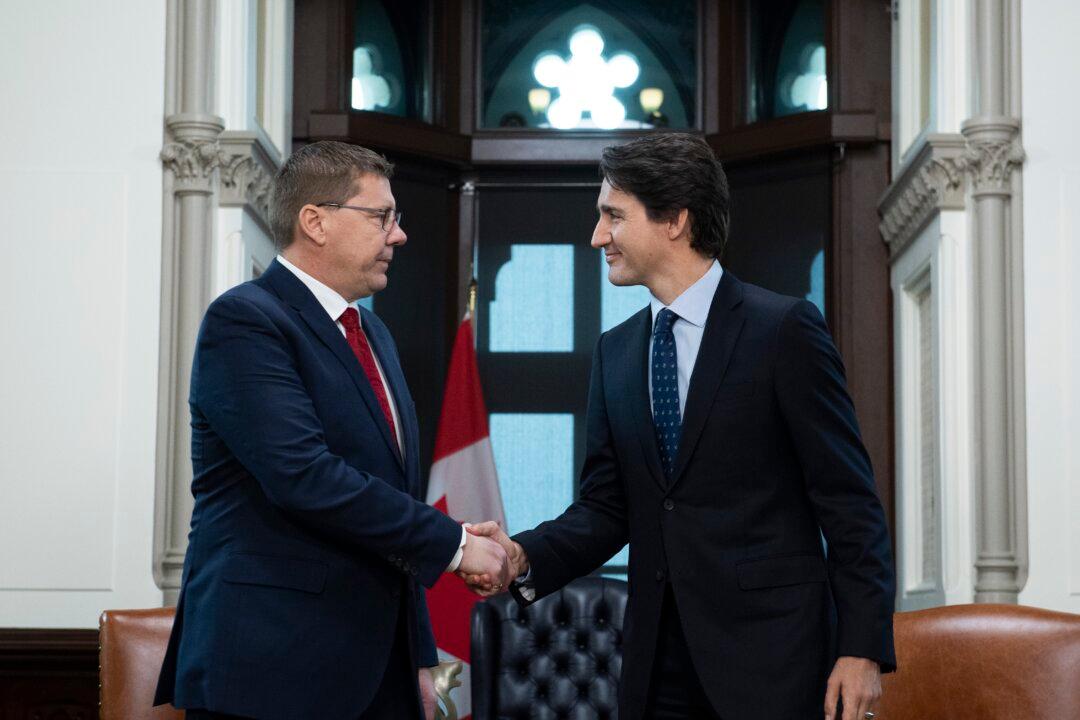Don’t expect to see Saskatchewan’s Crown Investments Minister Dustin Duncan slapped in handcuffs and hauled off to jail by Ottawa over carbon tax non-payment, even if that’s a theoretical possibility, say experts.
There are other ways than incarceration that the political showdown could play out after Saskatchewan’s refusal to pay the carbon tax on natural gas.





